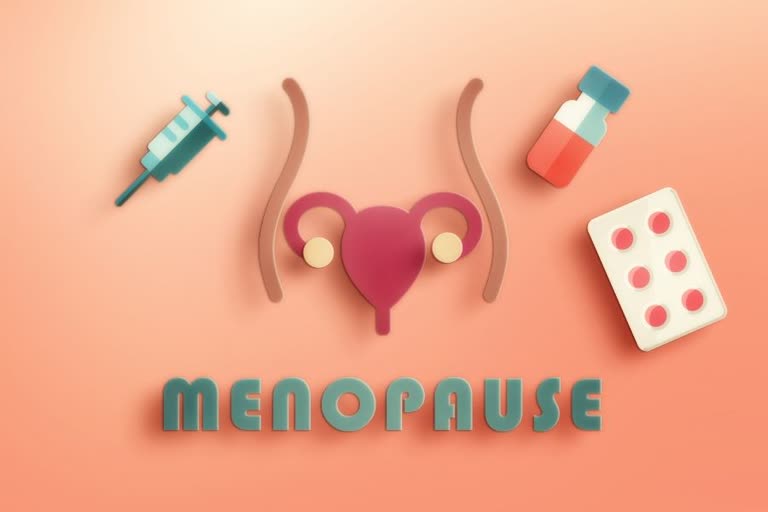If a woman of aged between 45-55 years does not menstruate for a year since her last period it is called menopause. During this time, a change in the hormones in the woman's body takes place and she stops ovulating. The process of menopause begins when the number of follicles that develop in the body starts decreasing every month.
It is because of the follicles that the ovaries release eggs into the female body. Along with this, the levels of the reproductive hormone estrogen and their production starts to decline. Therefore, when the production of follicles and estrogen and progesterone comes to an end, the menstrual cycles stop as well and this stage is called menopause.
Problems Faced During Menopause
Menopause is not a disease. It is a natural process. The duration of this process differs from one woman to another and during this time, she faces a lot of physical as well as mental problems, which are also likely to interfere with her day-to-day activities. Here are the most common ones:
- Frequent mood swings
- Feeling more hungry, have cravings
- Sudden hair loss
- Skin pigmentation (spots or patches)
- Night sweats/ hot flushes
- Changes in the bodyweight
- Digestive problems
- Joint pain
- Stress, anxiety, depression
- Irritability
- " class="align-text-top noRightClick twitterSection" data="
">
- " class="align-text-top noRightClick twitterSection" data="
How To Deal With These Problems
Here are a few things recommended by nutritionist Rujuta Diwekar, that can help those passing through this phase.
- Ensure proper diet
Do not stick to a particular diet. Since there are many changes that happen in the body during menopause, it is essential that you acquire all the nutrients as well as micronutrients through your diet. For this, your diet should be local, seasonal and traditional. A traditional Indian diet provides you with diverse nutrients. Do not fast or compromise on eating. Eat a sustainable diet. Lack of nutrition can make the symptoms adverse. - Exercise regularly
During menopause, women often experience a lack of energy, weakness and fatigability, for which exercise is very important. Diwekar says that you should practice exercises that increase the strength, stamina, flexibility and stability of the body. Yoga will help you with all these. Exercise at least 3 hours a week which should include strength training, cardio and yoga. - Take proper rest
Make sure that you take a 20 minutes power nap in the afternoon and go to bed between 9:30-11 pm. This will help relieve fatigue, which is often felt during this time. Follow proper sleep hygiene.
Also Read: Do Men Also Go Through Menopause?



